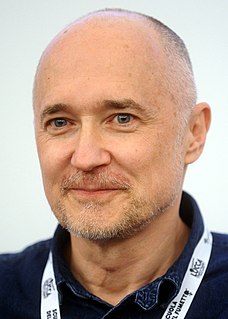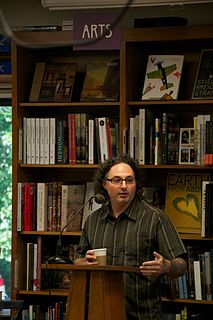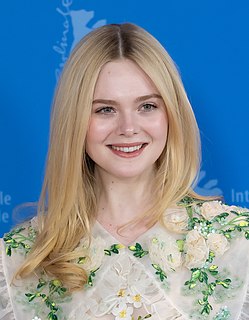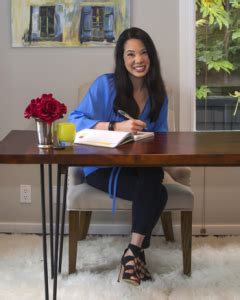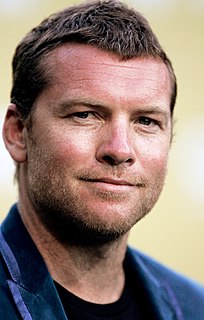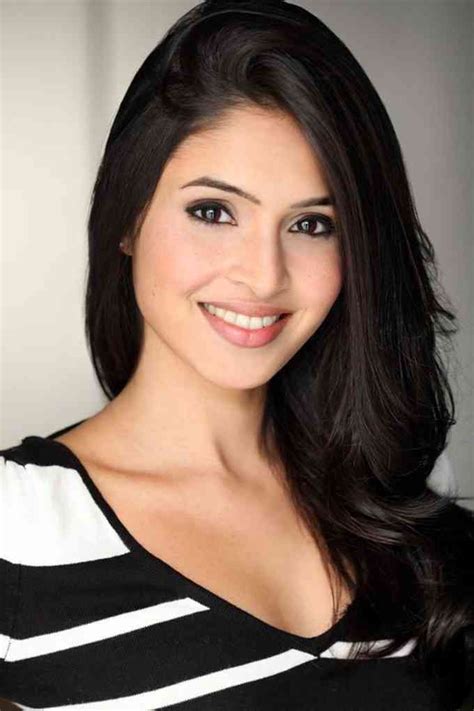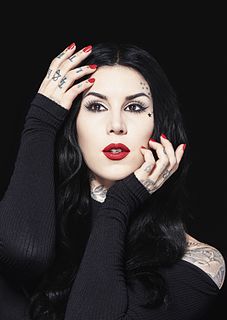A Quote by Cindy Sherman
I like making images that from a distance seem kind of seductive, colorful, luscious and engaging, and then you realize what you're looking at is something totally opposite. It seems boring to me to pursue the typical idea of beauty, because that is the easiest and the most obvious way to see the world. It's more challenging to look at the other side.
Related Quotes
It's the hardening of these narratives that makes peace so difficult. If each side can see the narrative, the claims that the other has, then there is a much more likely possibility of making a resolution. But what I see is the opposite. There is a total disclaiming of the validity of the other side, and talk that I find really unsettling, the kind of chatter you get from ultra-right Israelis and Hamas is of annihilation. In that kind of dialogue, there's no way to move toward peace.
I like making series, for a couple reasons. One, the repetition of routine is very healthy because I can get a little crazy; I want to be making things all the time. And if I publish something every week, I don't have to put every idea I have into one piece. It's more like, here's one idea: execute it, see it through, think about it, do it the best you can. And then there are going to be ten more ideas that come while you're making that, because creativity works that way.
My generation, we're more accepting of narcissism. But we're looking at images that are dead, that are on your phone. My friends have apps to make you look skinny, to make your skin look perfect. And we look at these images and we're like, "That's beauty. That's perfect." But when you see a real person, you're like, "Wait, that's not perfect."
[True beauty] seeps into you. It doesn't make you forget yourself, but totally the opposite. It connects you with everything and fills you with awe that you share the same space with something that glorious. Like a sunrise or a clear blue day or the most extraordinary piece of glass. And then suddenly...you have this epiphany that there's more to the world than just you and what you want or even who you are.
I studied Comparative Literature at Cornell. Structuralism was real big then. The idea of reading and writing as being this language game. There's a lot of appeal to that. It's nice to think of it as this playful kind of thing. But I think that another way to look at it is "Look, I just want to be sincere. I want to write something and make you feel something and maybe you will go out and do something." And it seems that the world is in such bad shape now that we don't have time to do nothing but language games. That's how it seems to me.
I don't like that we repeat a certain expression over and over again because I think it narrows the way that we look on the world. I also think that there is a certain responsibility if you work with moving images because it's so strong in creating behaviour; it's so strong in creating the way that we look on the world, so for me it's very important that I create images that I have an experience of or is something that I think exists in the world and not just in cinema.
I'm looking for things where, like with 'Ten,' I don't look like me, and I'm playing something a bit different. I'm just trying to flex a different muscle and see if it works. I've saved the world and killed monsters and done all that. Now I want to try something a bit different and a bit more challenging.
The more we as a society make women's sex lives seem like a secret, the more hostile that becomes. Because when you get into that cycle of thinking, no matter what you're doing, you feel shameful about it, because there's no way to talk about it. I think that through talking about it and sharing stories you realize the things you may have felt shameful about are totally normal and totally OK. Everyone's normal in their own way. You can only come to that realization if you're having these conversations, and learning what normal is for other people.


